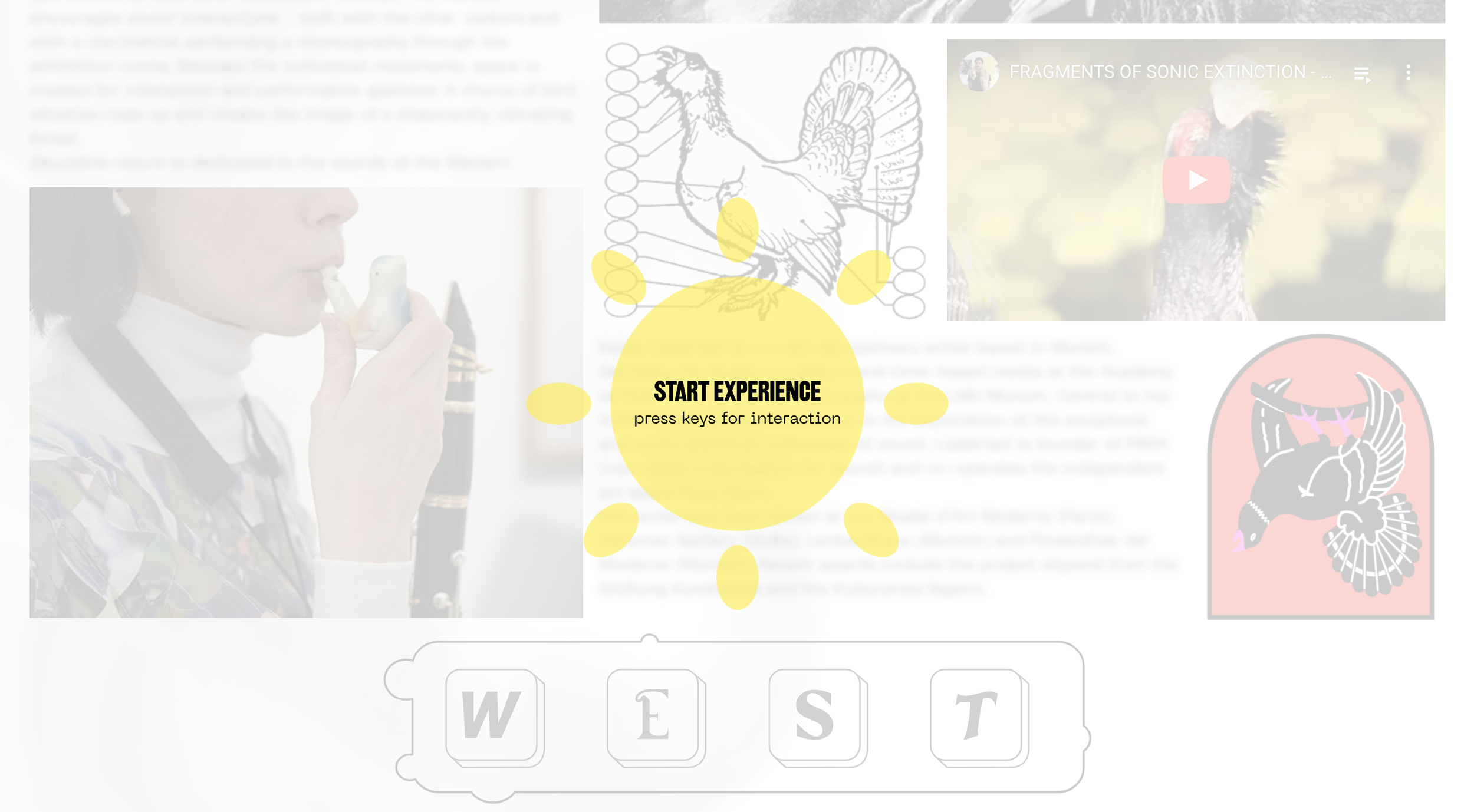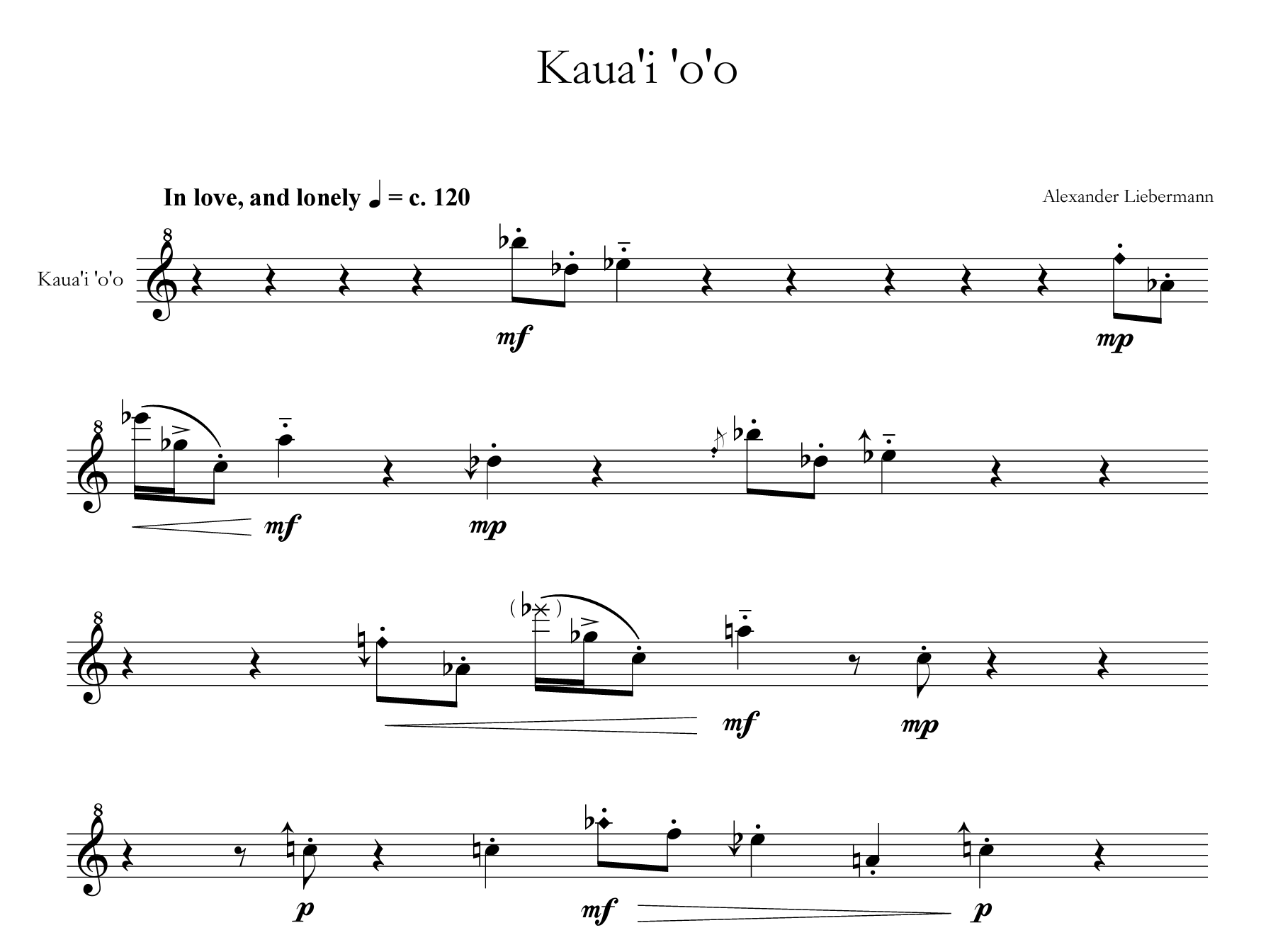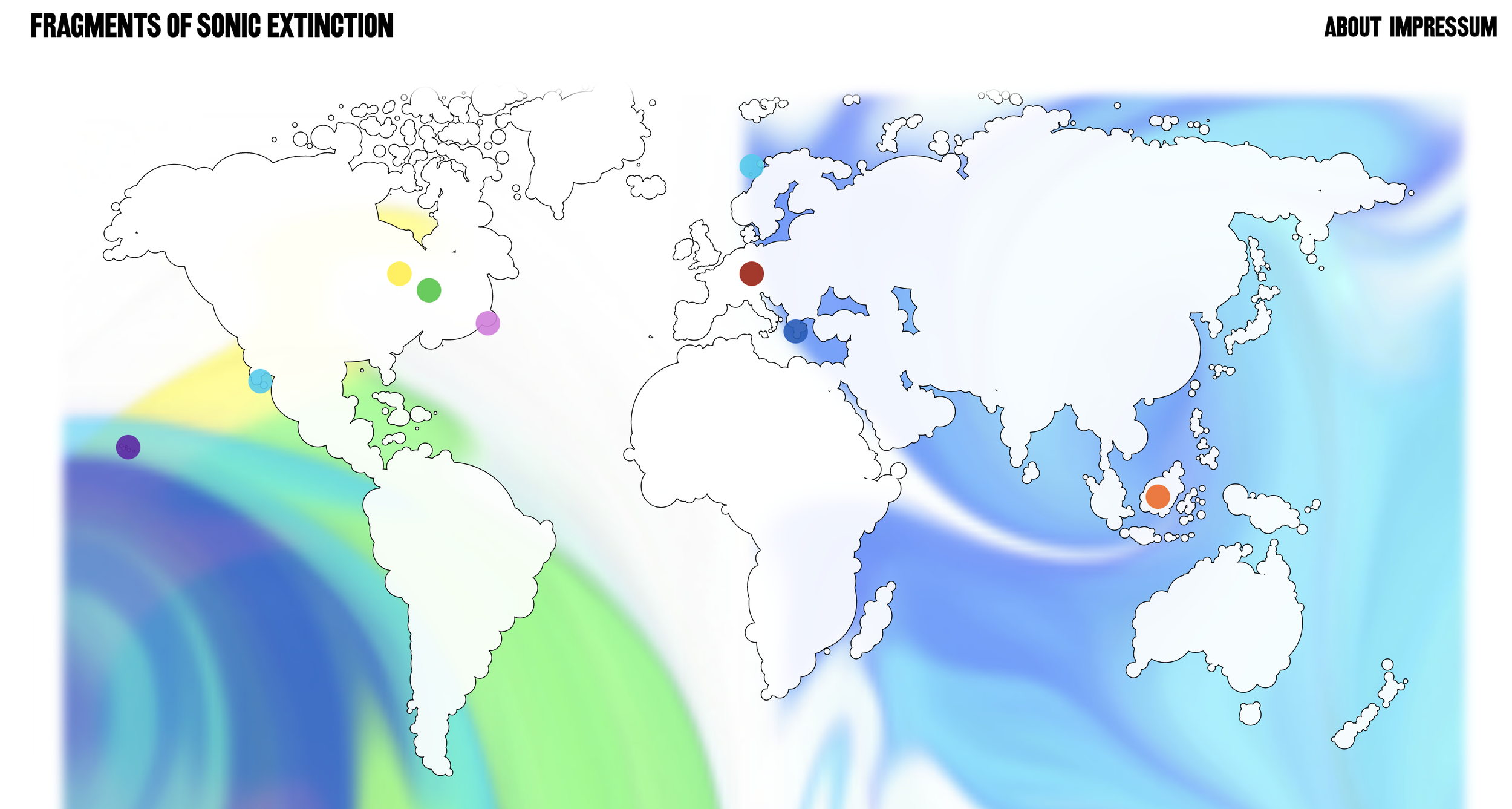
FRAGMENTS OF SONIC EXTINCTION
by Kalas Liebfried, L.M. Ramsey
Kalas Liebfried, L.M. Ramsey
Kalas Liebfried (Bulgaria) is a multidisciplinary artist and curator, based in Munich, Germany. He studied sculpture and time-based media at the Academy of Fine Arts Munich and Philosophy at the LMU Munich. Central to his installations and performances is the exploration of the sculptural and socio-political potentials of sound, focusing on ecological and post-imperial topics, critical theory and ambient studies.
L. M. Ramsey (USA) is an educator, artist and curator based in Toronto, Canada. She holds an MA in Film & Photographic Preservation from TMU, and a BDes in Photography from the Alberta University of the Arts. Her artistic practice is informed by archival structures, computational ecosystems, and the ethical considerations of non-human animals, plants and machines. Contact info
Fragments of Sonic Extinction
Fragments of Sonic Extinction is an ongoing project initiated by German-Bulgarian artist and curator Kalas Liebfried. The project demonstrates a subjective approach towards the extinction of natural sounds, focusing on the sonic character of endangered (and already vanished) species along with their relationship to a variety of cultural histories.
In the form of a website, the project intends to shift the focus on ephemeral extinction and the complexity of rapid changes within the sonic spheres of our world. Employing interpretation, immersion and interaction as central characteristics, the project presents contributions by artists dedicated to the perilous or extinct nature of specific species and attempts to negotiate their sonic perspectives and environments. The site’s visitors can trigger samples from the various compositions via keyboard or touch interfaces , taking an active position and an engaged approach towards the topics and issues discussed all the while expanding their knowledge and aesthetic awareness.
Our purpose with each curated edition is to build an inclusive global network of sound artists, cultivate an accessible and interactive commons of knowledge and resources, and to enable arts and science educators with alternative teaching tools.





